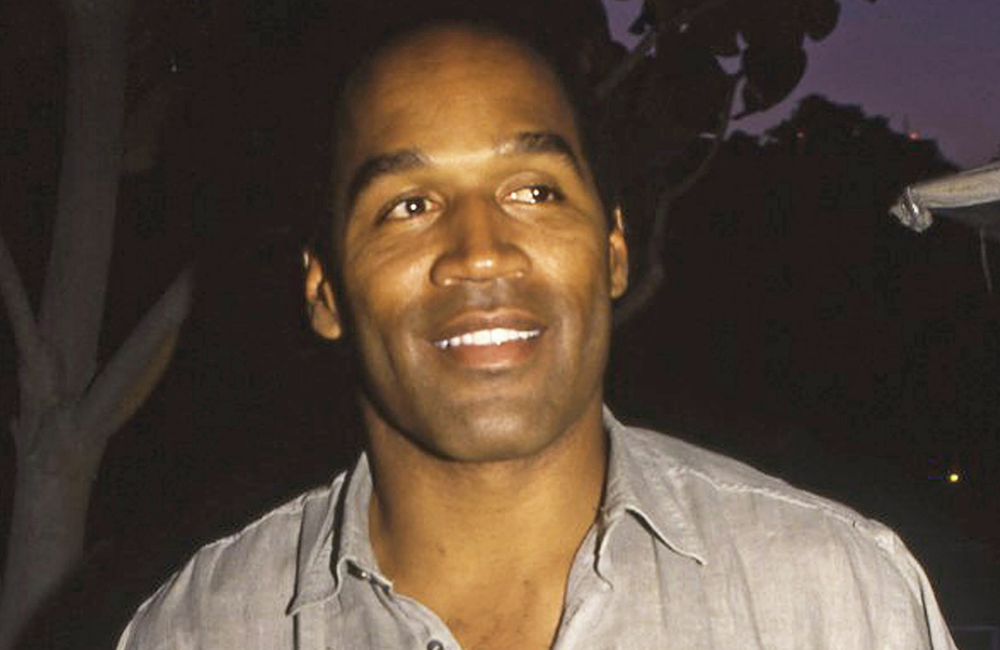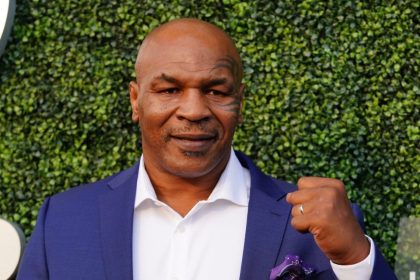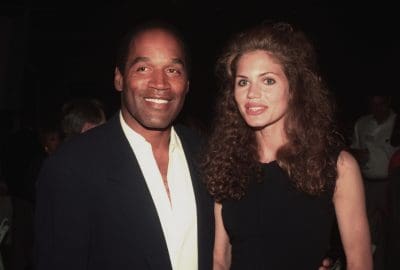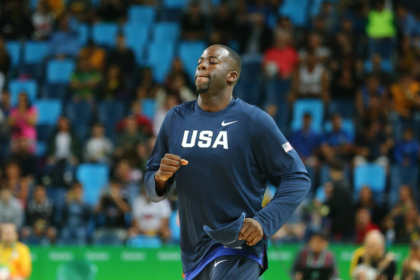O.J. Simpson’s Bible has been sold at auction after Kim Kardashian’s offer to buy it was turned down. The holy book represents a significant piece of American legal history, connecting two of the most high-profile families in modern celebrity culture.
The reality TV star offered $15,000 for the book – which was owned by her late father Robert Kardashian until he gave it to Simpson following his arrest on suspicion of murdering his ex-wife Nicole Brown Simpson and her friend Ronald Goldman – but Kardashian’s offer was rejected by the late football star’s estate and now it has been sold off for a winning bid of $65,800 plus buyer’s fees. This final price represents more than four times Kardashian’s initial offer, demonstrating the significant collector value of items associated with the infamous case.
Malcolm LaVergne, the special administrator of Simpson’s estate, told TMZ he doesn’t know the identity of the buyer but the hefty price tag shows Simpson’s “legacy endures”. Simpson, who passed away in April 2024, remains one of the most controversial figures in American sports and legal history.
The Bible carries an inscription dated 18 June 1994 – the day after Simpson’s arrest. This timing makes the Bible particularly significant, as it was given to Simpson during one of the most tumultuous periods of his life, just days before the famous Ford Bronco chase that captivated television audiences nationwide.
Robert Kardashian’s note reads: “O.J., this book will help. God loves and he will speak to you with his words. Read this book every day. God has a definite plan for your life. You are his child and he will use you again. I love you and God loves you.” The personal nature of this inscription offers a rare glimpse into the close relationship between Kardashian and Simpson during this critical period.
Robert Kardashian, who was 59 when he died of oesophageal cancer in 2003, was a close friend of Simpson’s and served on his defence team during the 1995 trial which ended with his acquittal on two charges of first-degree murder. The trial, often referred to as “the trial of the century,” was watched by millions when the verdict was announced.
The book was sold via Goldin Auctions and was part of sale of Simpson’s belongings which included a framed picture of him with former U.S. President Bill Clinton – which sold for more than $18,000 – and a replica of O.J.’s 1968 Heisman Trophy, which went for $42,700. The Heisman Trophy represents Simpson’s extraordinary college football career at USC, where he established himself as one of the greatest running backs in football history.
The sale raised more than $300,000, according to TMZ. This substantial sum will likely go toward paying the civil judgment against Simpson from the wrongful death lawsuit, which awarded millions to the Goldman and Brown families.
LaVergne previously admitted he didn’t accept Kim Kardashian‘s offer for the Bible because it was too low. This decision appears vindicated by the final auction price, which significantly exceeded Kardashian’s initial bid.
“The amount is why I had no choice, because why would I spend $15,000 of estate money – why would I spend $15,000 in attorney’s fees – to sell it to Kim for $15,000?” he told PEOPLE. Legal experts note that the costs associated with private sales of estate items can often consume a portion of the proceeds, making public auctions more financially advantageous.
“That’s a zero-sum game. That’s a bad business model. If Kim had offered $150,000 for it, we would’ve been in court getting this approved outside of the auction.” LaVergne’s comments reflect the complex financial considerations involved in managing high-profile estates with outstanding debts.
He added: “She may even get it cheaper than the 15 grand [if she takes part in the auction], so who knows.” It remains unclear whether Kardashian participated in the auction under anonymity, as many celebrity collectors often do to avoid driving up prices on items they desire.
The sale of Simpson’s Bible represents the ongoing fascination with memorabilia connected to notorious criminal cases, with collectors often paying premium prices for items with direct connections to infamous legal proceedings. Similar auctions of items connected to high-profile cases have consistently drawn substantial interest from both museums and private collectors.

















